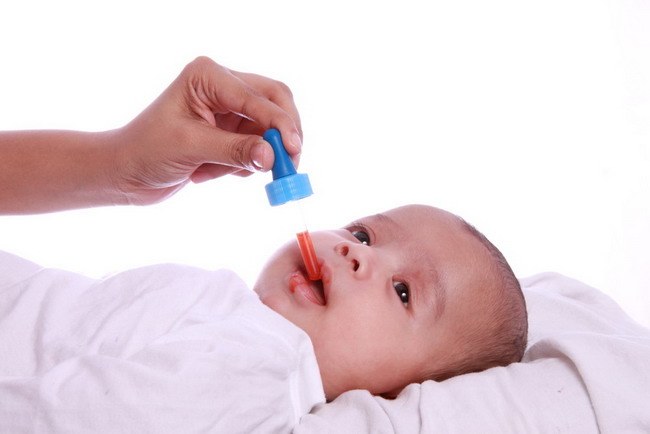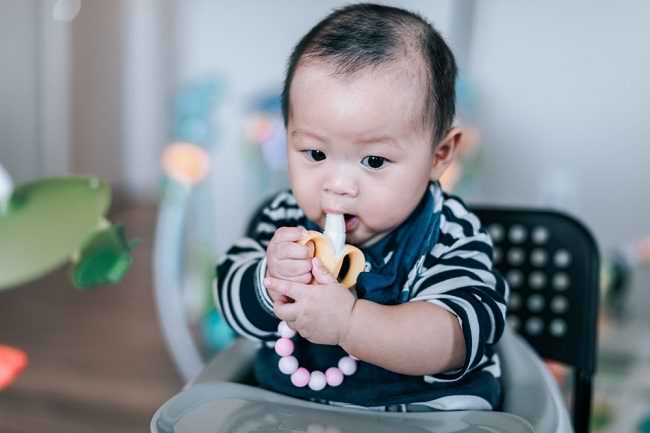Do you often give in just to avoid an argument with your partner? Or sacrifice more for your partner's happiness without the same reciprocity? If so, it could be that you are too dependent on your partner unhealthy or codependent.
Depending too much on a partner is a sign of an unhealthy relationship. According to psychologists, this kind of relationship is created when a person feels inadequate, unable, and needs to depend on others to feel complete.

Get to know the relationship Codependent
Everyone can be at risk of becoming codependent. However, research reveals that the risk of experiencing independent will be greater in people who as a child or during adolescence received less attention from their parents.
This makes the perpetrator codependent Don't be yourself when you're in a relationship. They feel compelled to sacrifice their own needs to please others. Relationships like this do not actually create feelings of happiness, but instead trigger feelings of anxiety.
You want to know what a relationship really is independent? Here are its characteristics:
1. You are afraid to make decisions for yourself
You don't feel comfortable with your own judgment, even for the simplest things. You feel compelled to follow what your partner says and need to ask his or her permission to do something.
For example, you always feel the need to get approval from your partner about even the smallest things, including meeting your closest friends on the weekends.
2. You want to do things you like to please your partner
You really want to show that you are the right partner, who can do everything he likes together, even if you don't like it.
For example, you are willing to watch a football game or watch a musical performance rock, even though you really are not interested at all .
3. You are willing to do anything or choose silence to avoid debate
Perpetrator codependent will choose to follow whatever their partner has to say because they don't want to argue and are afraid that expressing disagreements triggers an argument. If you always experience this condition, you can lose your identity.
In fact, the existence of differences of opinion in a relationship is not something to be afraid of because it can be a way to solve problems or improve a relationship.
4. You provide help that makes you uncomfortable
You feel the need to give your partner whatever they need even if you are unable to fulfill it. An example is that you are willing to lend more money than you can afford.
You change your standards and boundaries to help or just to please your partner. You also convince yourself that it is a form of your love for him, even though there is an uncomfortable feeling to do so.
5. You get jealous easily
Perpetrator codependent feeling inferior so it is easy to be jealous of other people who are close to their partner, even with family or friends. They also tend to keep these feelings for fear of the relationship ending if it is revealed.
Perpetrator codependent would think that, "If he has a close relationship with someone else, then he probably doesn't really need me."
6. You always want to know where your partner is
Signs that you are too dependent on your next partner are that you continue to "terrorize" your partner to just find out his whereabouts. You'll always text or call him when he's out with friends and get annoyed when he doesn't answer your messages or calls right away.
Asking the whereabouts of a partner is a natural thing to do. However, if you often behave like that, you are in a relationship codependent.
The reason is, in a healthy relationship, one will provide space for the partner to hang out with other people and not feel worried or suspicious when his partner is not with him.
7. You want your partner to change according to your wishes
Furthermore, you feel the need for your partner to change as you wish, and control your partner's actions so that you feel calm. You seem like a boss who wants to make him obey, and you will feel very disappointed or angry if you can't control it.
Should I Disconnect?
If this relationship is not addressed, the long-term consequence is that you will feel exhausted and start ignoring other things that are actually more important to pay attention to in a relationship. Your partner also becomes less aware of things he or she should be aware of.
You don't have to cut ties right away. how come. But try to consult a psychologist first to fix it. This consultation can help you or your partner dig into the past, especially if there is unresolved pain, hurt, or anger.
This is the foundation that will help you build a healthy relationship with your partner.
If you manage to get out of the relationship codependent, you will again feel comfortable and confident with your own decisions. Signs that you have been released from this condition include:
- You realize that you are not responsible for other people's happiness, including your partner's happiness.
- You can identify your own wants and needs, so you can see yourself as capable, tough, and smart.
- You can respond well to the actions of your partner and others.
- You no longer accept acts of violence. You and your partner are aware, change, and grow to develop a healthy relationship.
Besides that, to help you regain your confidence, try ok find a hobby that you like and pursue it independently, not alone with a partner. Also don't forget to spend more time with friends, relatives and other family members.
In the end, no matter how much you love your partner, it's important not to overly depend on them for your happiness. Remember, your happiness is your own responsibility, not your partner's.









